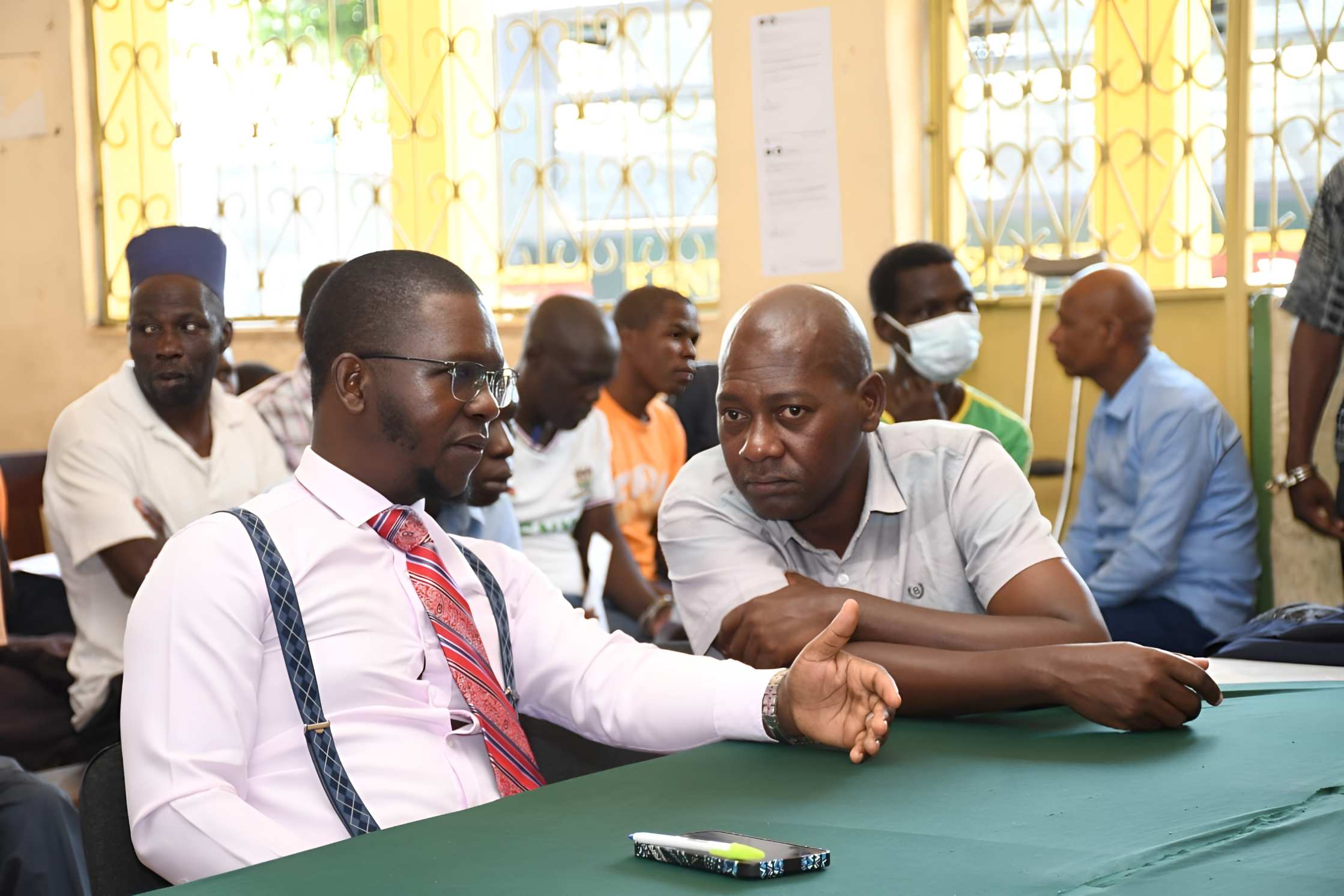The Shakahola massacre trial on Tuesday heard more chilling accounts of suffering, starvation, and abuse as the prosecution presented new evidence against preacher Paul Mackenzie and 35 others facing charges over the deaths in Kilifi.
During proceedings at the Tononoka Children’s Court, four fresh witnesses painted a grim picture of the ordeal endured by victims, including forced fasting, neglect, and denial of basic rights such as education.
The prosecution team, led by Assistant Director of Public Prosecutions Jami Yamina and supported by Principal Prosecution Counsel Betty Rubia, as well as counsels Eunice Odongo and Biasha Khalifa, sought to highlight the depth of abuses allegedly carried out under Mackenzie’s influence.
Maxwell Kisienya, Director of Bridge International Academy in Lungalunga, told the court about a pupil identified as S.B.B., who was last seen in October 2017.
Kisienya said the child had been enrolled for two years but never returned after being sent home for unpaid fees on October 19, 2017.
“Since then, no transfer request has been submitted, and the child’s whereabouts remain unknown,” he testified.
Police Constable Joseph Mwai, a digital forensics officer attached to the Anti-Terrorism Police Unit, gave evidence retrieved from a witness’s phone.
He explained that using a Universal Forensic Extraction Device on January 31, 2024, he recovered four images of visibly emaciated individuals. One photo was dated April 24, 2023, at 12:07 pm.
Government Pathologist Richard Njoroge, who examined four bodies exhumed from Shakahola graves, described the condition of the remains as disturbing.
“Most bodies were reduced to skeletal remains due to advanced decomposition, making it difficult to determine the cause of death,” he said.
Njoroge added that in many cases, extreme loss of body mass compared to height pointed to starvation as the likely cause of death. He confirmed that samples of teeth, bones, and nails were collected from all 453 bodies recovered, with DNA tests helping to link some remains to relatives.
Chief Inspector Job Wafula Wanyonyi, one of the officers who first entered Shakahola forest, described what they encountered during a fact-finding mission on April 13, 2023.
“We found dozens of people confined in makeshift canopies, many too weak to walk or speak,” he told the court.
A minor, identified as C.A.A., had told investigators that they were forced to fast until they nearly died.
Inspector Wafula added that despite rescue operations, four people – two men and two women – lost their lives. He also noted that some individuals guarding the forest carried crude weapons such as rungus and jembes.
The hearing will resume on Wednesday, September 17, with more witnesses expected to testify.

